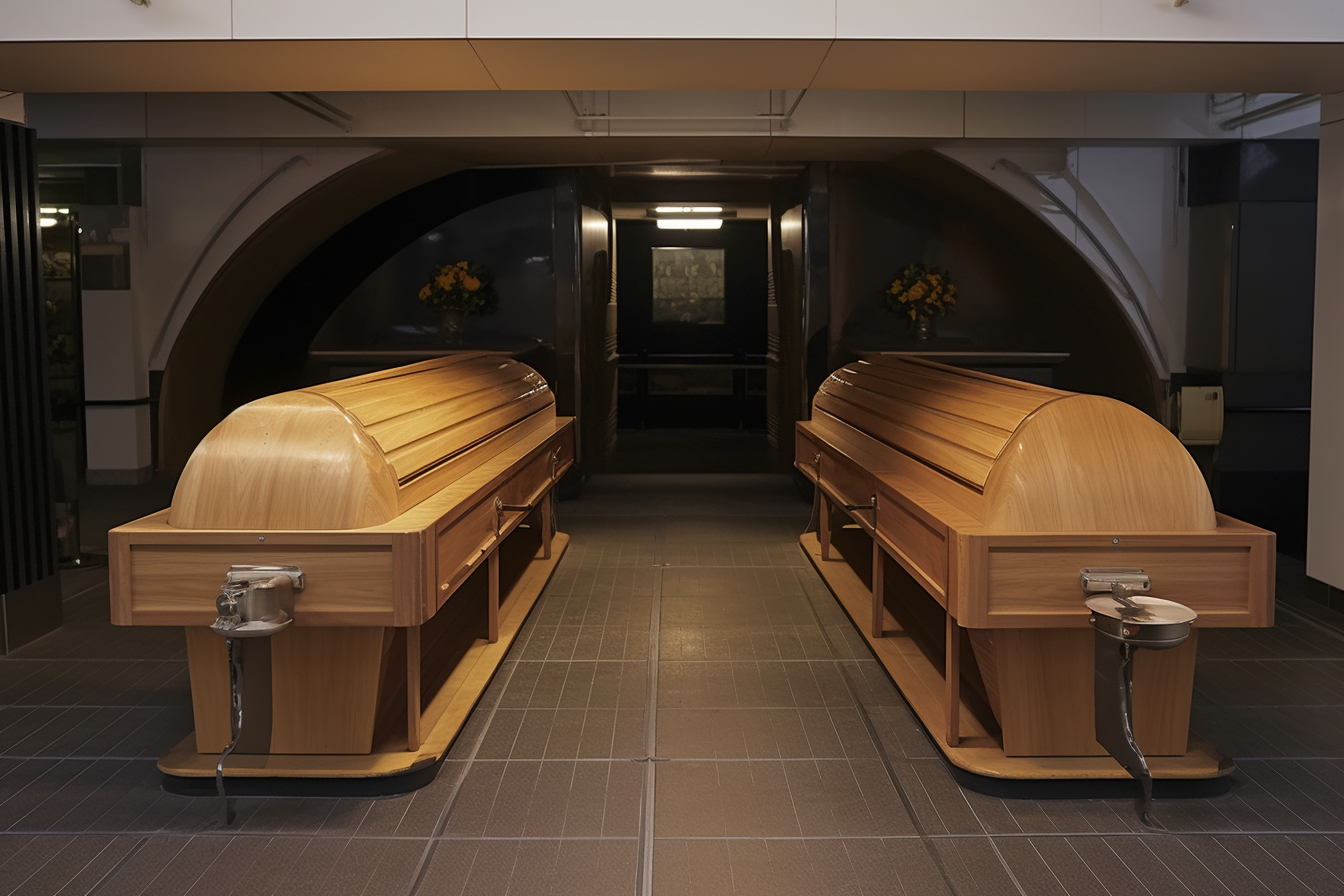Understanding Cremation Services and Associated Costs
Cremation services have become an increasingly popular choice for families seeking dignified end-of-life arrangements. This process involves the reduction of human remains through high-temperature burning, vaporization, and oxidation, typically performed in specialized facilities called crematoriums. Understanding the various aspects of cremation services, including pricing structures and available options, helps families make informed decisions during difficult times while managing financial considerations effectively.

How Much Does Cremation Cost
Cremation costs vary significantly based on location, service type, and additional options selected. Direct cremation, which involves the basic cremation process without a funeral service, typically ranges from $600 to $3,000 nationwide. Traditional cremation services that include viewing, ceremony, and memorial services generally cost between $3,000 and $6,000. Factors influencing pricing include facility overhead costs, local regulations, transportation fees, and the type of cremation container or casket chosen for the process.
Finding Local Cremation Pricing
Researching cremation pricing in your area requires contacting multiple providers to compare services and costs. Many funeral homes and crematoriums offer transparent pricing information online, while others require phone consultations for detailed estimates. State regulations often mandate that providers disclose general price lists, making it easier for families to compare options. Local pricing can vary based on regional economic factors, facility competition, and state-specific requirements for cremation procedures and documentation.
Cremation Cost Estimates and Planning
Planning for cremation expenses involves understanding both immediate costs and potential additional fees. Basic cremation services include transportation, crematory fees, death certificate processing, and temporary urns. Additional expenses may include permanent urns, memorial services, obituary notices, and scattering ceremonies. Many families benefit from pre-planning cremation arrangements, which can lock in current pricing and reduce decision-making stress for surviving family members during grieving periods.
Types of Cremation Services Available
Cremation services encompass various options to meet different family preferences and budgets. Direct cremation provides the most economical choice, focusing solely on the cremation process without additional ceremonies. Memorial services can be arranged separately, allowing families flexibility in timing and location. Traditional cremation services mirror conventional funeral arrangements but conclude with cremation rather than burial. Witnessed cremations allow family members to be present during the initial stages of the process, providing closure for some families.
Understanding Cremation Pricing Structures
| Service Type | Provider Example | Cost Range |
|---|---|---|
| Direct Cremation | Neptune Society | $1,200 - $2,500 |
| Traditional Cremation | Dignity Memorial | $3,500 - $7,000 |
| Cremation with Memorial | Local Funeral Homes | $2,000 - $4,500 |
| Green Cremation | Bio-Response Solutions | $2,500 - $4,000 |
Cremation pricing structures typically include itemized services that families can customize based on their needs and budget constraints. Base packages cover essential services like body preparation, crematory fees, and basic urns, while premium options include upgraded urns, memorial jewelry, and elaborate ceremony arrangements. Understanding these pricing tiers helps families allocate resources effectively while ensuring their loved one receives appropriate dignified treatment throughout the cremation process.
Prices, rates, or cost estimates mentioned in this article are based on the latest available information but may change over time. Independent research is advised before making financial decisions.
Legal and Regulatory Considerations
Cremation services must comply with state and local regulations governing human remains handling, environmental protection, and facility operations. Most states require specific waiting periods before cremation can occur, proper identification procedures, and authorized signatures from next of kin. Environmental regulations control emissions and ash disposal methods, while facility licensing ensures proper equipment maintenance and staff training. Understanding these requirements helps families navigate the cremation process smoothly and ensures all legal obligations are fulfilled appropriately.
Cremation services offer families meaningful alternatives to traditional burial arrangements while providing flexibility in memorial planning and cost management. By researching local options, understanding pricing structures, and considering various service types, families can make informed decisions that honor their loved ones appropriately. Whether choosing direct cremation for simplicity or comprehensive memorial services for community gathering, cremation provides dignified end-of-life solutions that accommodate diverse cultural, religious, and financial considerations across different communities and circumstances.




